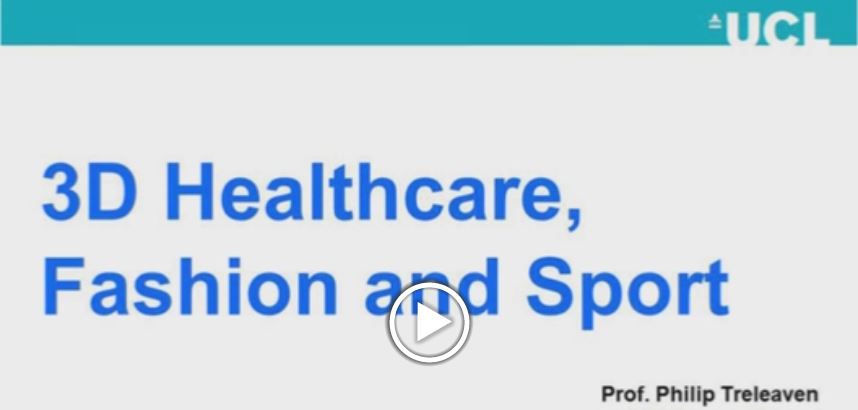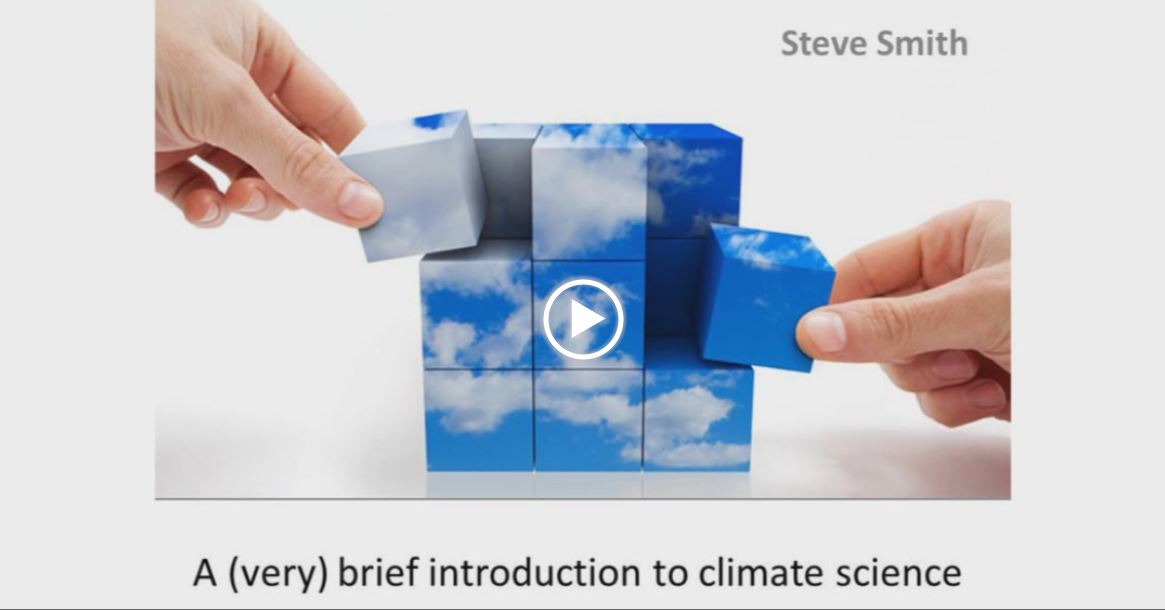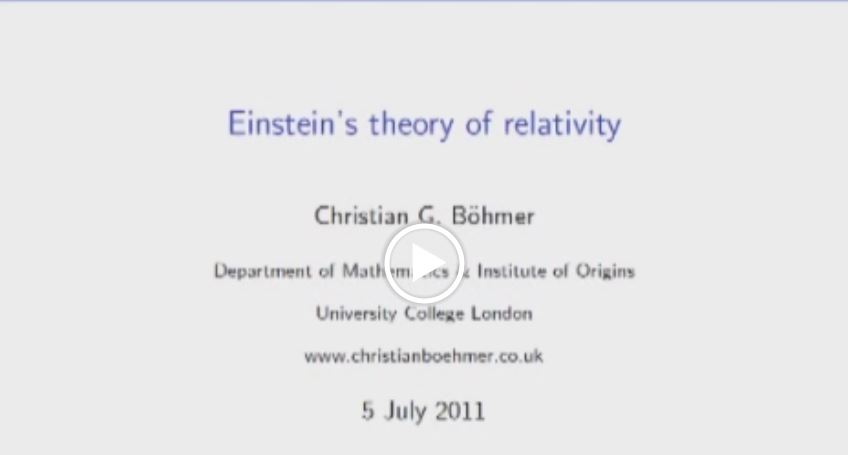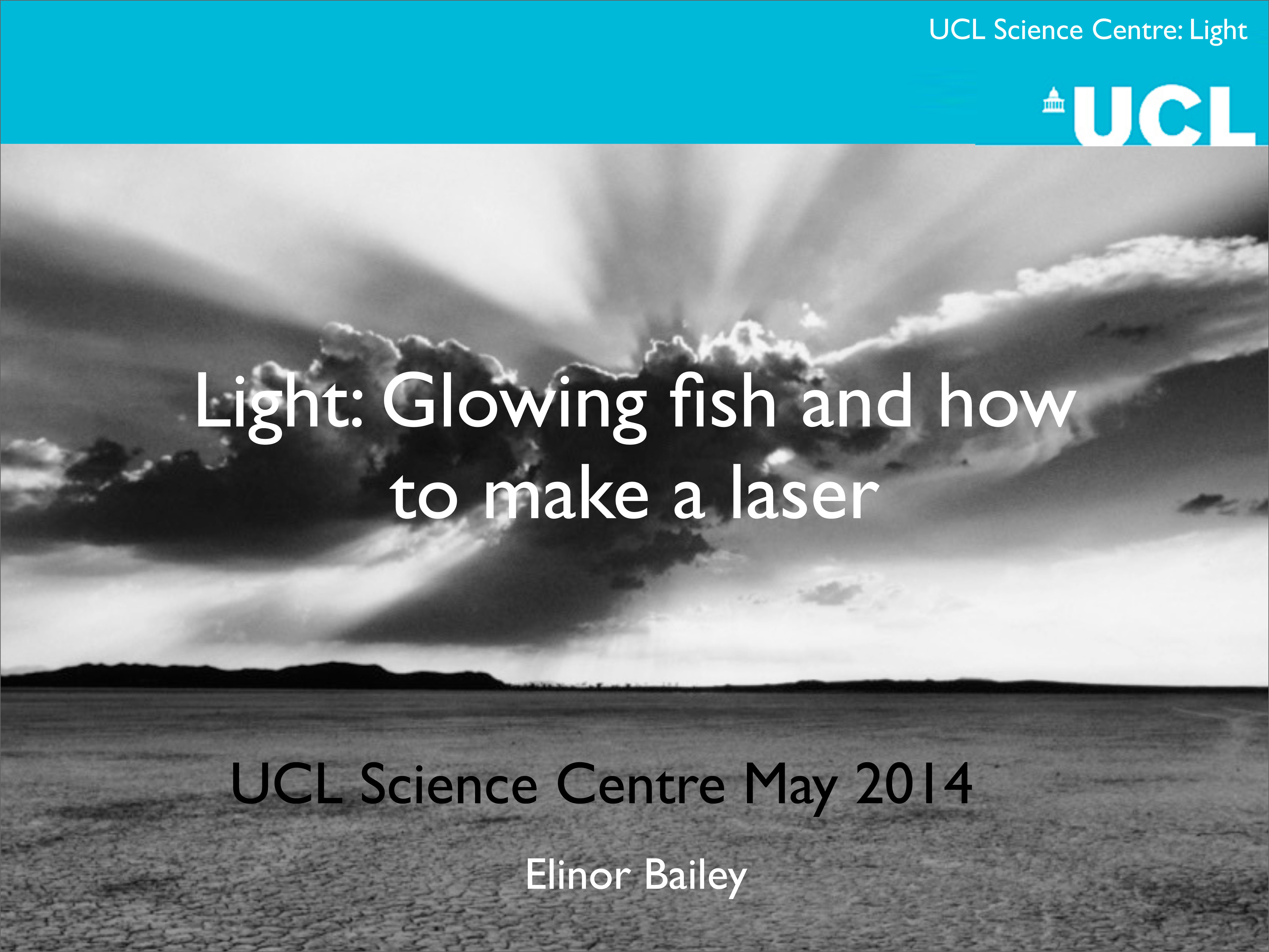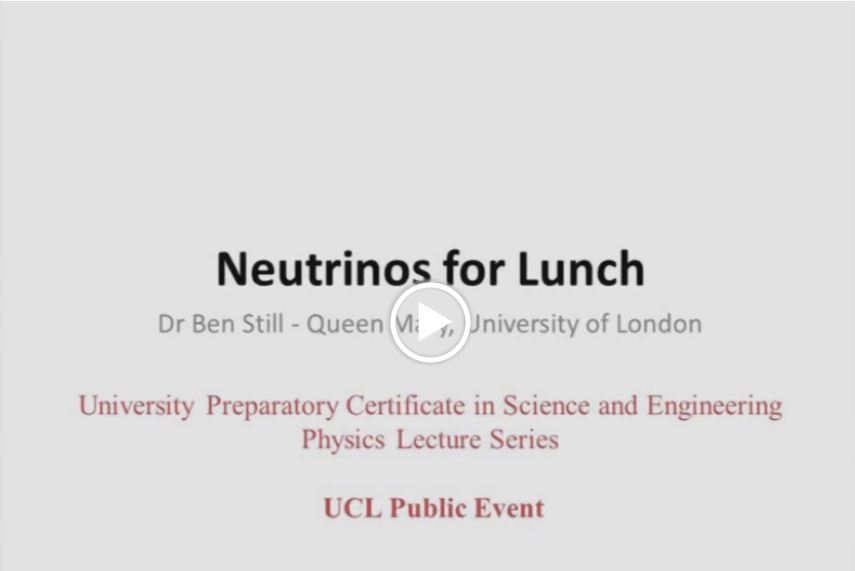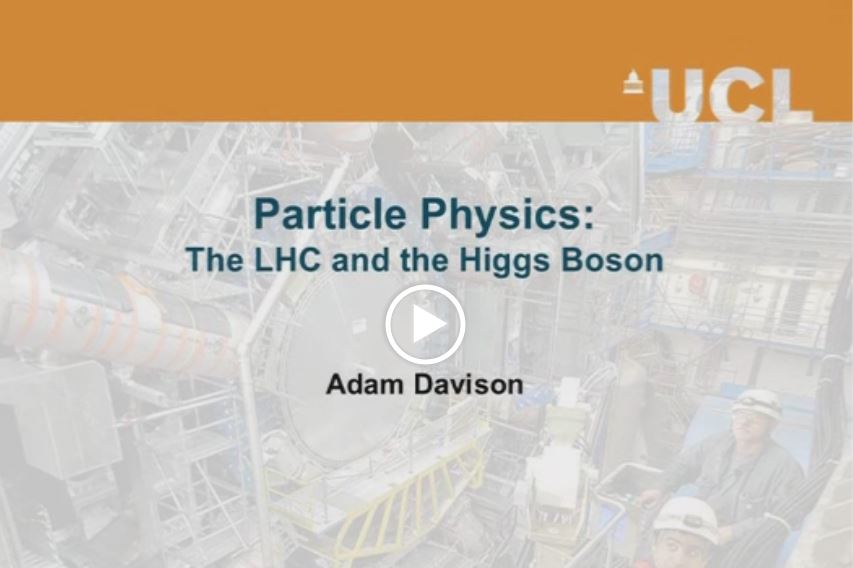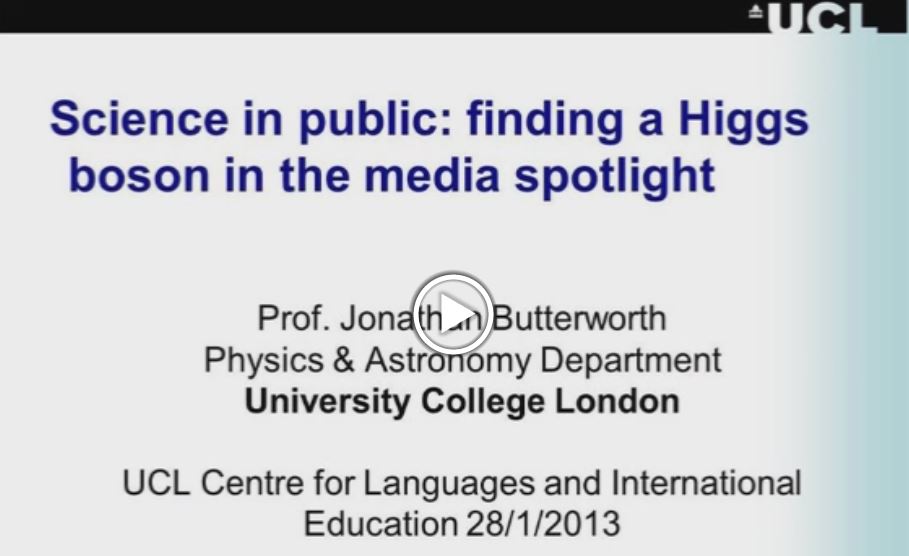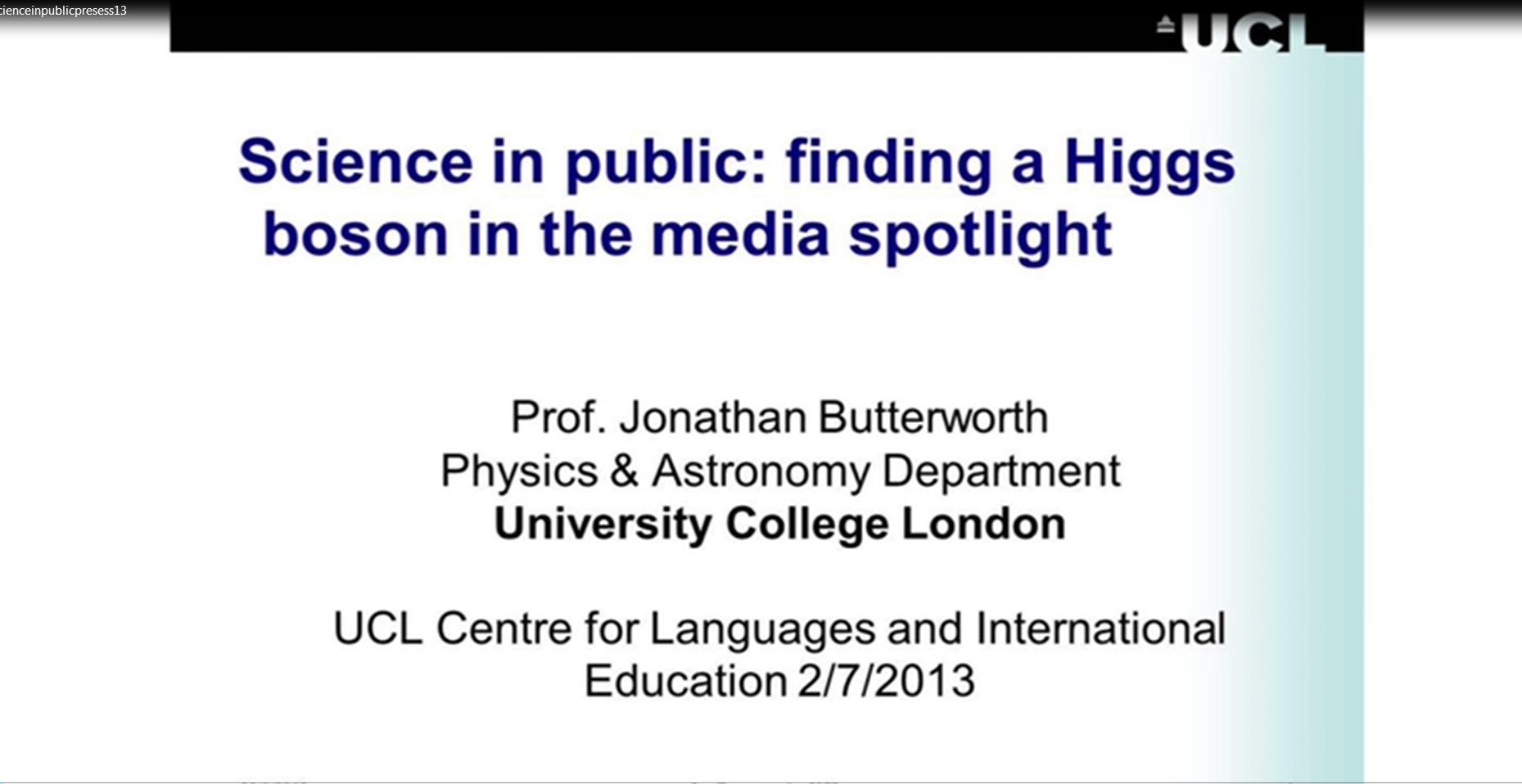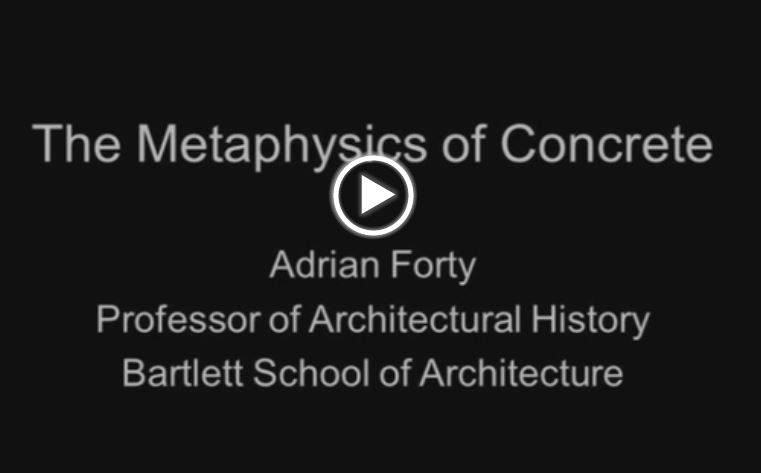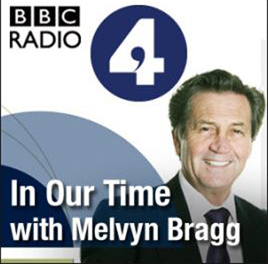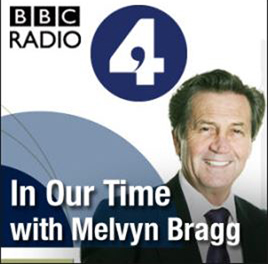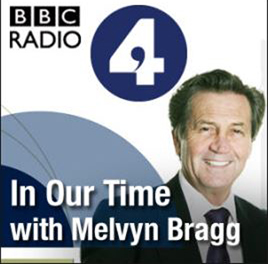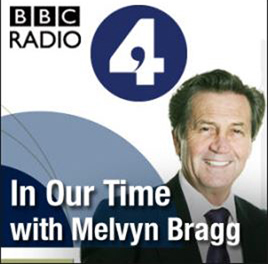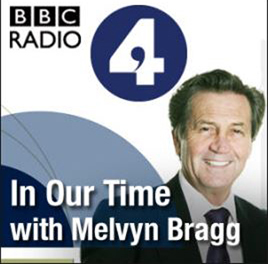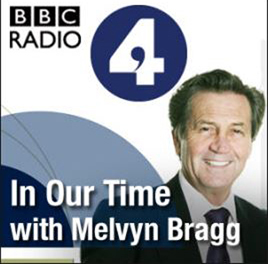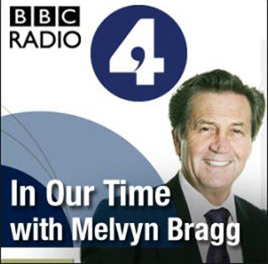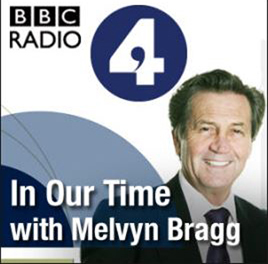Select one or more of these popular tags:
-
Khan Academy
A library of almost 3000 short videos arithmetic to physics, finance, and history with practice exercises. A very useful resource to practice your listening and note-taking skills while learning something new.
A library of almost 3000 short videos arithmetic to physics, finance, and history with practice exercises. A very useful resource to practice your listening and note-taking skills while learning something new.
-
Ford v Ferrari
-
James Mangold , 2019
American car designer Carroll Shelby and driver Ken Miles battle corporate interference and the laws of physics to build a revolutionary race car for Ford in order to defeat Ferrari at the 24 Hours of Le Mans in 1966.
- Films
- English subtitles
- 152
American car designer Carroll Shelby and driver Ken Miles battle corporate interference and the laws of physics to build a revolutionary race car for Ford in order to defeat Ferrari at the 24 Hours of Le Mans in 1966.
-
Einstein’s Theory of Relativity
-
Dr Christian Boehmer , 2011
Pre-Sessional 2011
- Lectures
- General Science
- Lectures
- No subtitles
- 60
Pre-Sessional 2011
-
Light: Glowing Fish and How to Make Lasers
-
Dr Elinor Bailey , 2014
Diploma Lecture 2014
- Lectures
- No subtitles
- 66
Diploma Lecture 2014
-
The Metaphysics of Concrete
-
Adrian Forty
Diploma Lecture 2012
- Lectures
- Built Environment & Architecture
- Lectures
- No subtitles
- 60
Diploma Lecture 2012
-
A Brief History of the End of Everything - 04 The universe is expanding - we're all doomed
-
Brother Guy Consolmagno
The universe will die. The sun and other stars like it will throw out heat until they have no more energy to burn. The big bang threw everything outwards at a massive rate. As it gets bigger, so the gaps between matter get bigger and are filled with "dark energy". Instead of gravity pulling everything back down to a "big crunch" the dark energy accelerates the expansion process, pushing everything further apart faster and faster. In the end everything will be a cold, sad, blackness as the stars all go out, or are too far apart for us to see anything - but "us" will be long gone.
The universe will die. The sun and other stars like it will throw out heat until they have no more energy to burn. The big bang threw everything outwards at a massive rate. As it gets bigger, so the gaps between matter get bigger and are filled with "dark energy". Instead of gravity pulling everything back down to a "big crunch" the dark energy accelerates the expansion process, pushing everything further apart faster and faster. In the end everything will be a cold, sad, blackness as the stars all go out, or are too far apart for us to see anything - but "us" will be long gone.
-
A Brief History of the End of Everything - 05 Oops, I've dropped an exotic particle
-
Brother Guy Consolmagno
A strange subatomic particle produced in an atom-smashing experiment here on earth could, theoretically, tumble to the centre of the planet and start eating the planet from the inside out - death by industrial accident. Or a random quantum fluctuation in distant space could switch off the machinery that makes matter big, and this would send a bubble of destruction moving at the speed of light and shutting down all creation in its path. All of the ideas explored in this series suggest that the future is not rosy - that the universe is going to end and that we will end along with it...or can we escape?
A strange subatomic particle produced in an atom-smashing experiment here on earth could, theoretically, tumble to the centre of the planet and start eating the planet from the inside out - death by industrial accident. Or a random quantum fluctuation in distant space could switch off the machinery that makes matter big, and this would send a bubble of destruction moving at the speed of light and shutting down all creation in its path. All of the ideas explored in this series suggest that the future is not rosy - that the universe is going to end and that we will end along with it...or can we escape?
-
A Brief History of the End of Everything - 01 It's OK, the universe is eternal
-
Brother Guy Consolmagno
A series exploring how our ideas about the end of the universe have been shaped by religion, belief, and the contemporary state of scientific thinking and observation. The series is presented by Vatican Astronomer, Brother Guy Consolmagno. He is a Jesuit astro-physicist who came to religion via science and his wonder at the universe. At the Vatican Observatory in Castel Gandolfo, Italy, he compares cutting edge cosmology with Chinese, Ancient Greek, Buddhist, Medieval and Victorian ideas about the end of everything.
A series exploring how our ideas about the end of the universe have been shaped by religion, belief, and the contemporary state of scientific thinking and observation. The series is presented by Vatican Astronomer, Brother Guy Consolmagno. He is a Jesuit astro-physicist who came to religion via science and his wonder at the universe. At the Vatican Observatory in Castel Gandolfo, Italy, he compares cutting edge cosmology with Chinese, Ancient Greek, Buddhist, Medieval and Victorian ideas about the end of everything.
-
A Brief History of the End of Everything - 02 The universe will crash - we're all doomed
-
Brother Guy Consolmagno
It will die. Like a ball thrown into the air, no matter how fast the acceleration to begin with, gravity always wins. The universe will reach a critical mass, then start to fall back in on itself. This is the big crunch theory. The power of gravity wins out over the accelerating power throwing everything outwards. Microseconds from the end, black holes begin to merge with each other, little different from the collapsing state of the surrounding universe. The implosion becomes increasingly powerful, crushing all matter and every physical thing out of existence. Space and time end - there is eternal nothingness beyond this point, unless...
It will die. Like a ball thrown into the air, no matter how fast the acceleration to begin with, gravity always wins. The universe will reach a critical mass, then start to fall back in on itself. This is the big crunch theory. The power of gravity wins out over the accelerating power throwing everything outwards. Microseconds from the end, black holes begin to merge with each other, little different from the collapsing state of the surrounding universe. The implosion becomes increasingly powerful, crushing all matter and every physical thing out of existence. Space and time end - there is eternal nothingness beyond this point, unless...
-
A Brief History of the End of Everything - 03 Lets go round again
-
Brother Guy Consolmagno
Yes the universe will end, but at the crunch the process starts all over again, and could go on forever (cf. Hindu and Buddhist ideas of re-birth). Another possibility is "multiverses" - there are lots of different universes, all in different states of existence, some at moment of big bang, but will never become a universe as we know it, so grow to the size of a grape and shrink back, or expand outwards and never turn into frothy, lumpy matter - just a thin soup with no life in them. Our universe is perfect…not too fast to become a soup and not too slow so it falls back in on itself to destruct - just lumpy enough for galaxies to form and the whole thing hold together - a balancing act between gravity and acceleration, for the time being.
Yes the universe will end, but at the crunch the process starts all over again, and could go on forever (cf. Hindu and Buddhist ideas of re-birth). Another possibility is "multiverses" - there are lots of different universes, all in different states of existence, some at moment of big bang, but will never become a universe as we know it, so grow to the size of a grape and shrink back, or expand outwards and never turn into frothy, lumpy matter - just a thin soup with no life in them. Our universe is perfect…not too fast to become a soup and not too slow so it falls back in on itself to destruct - just lumpy enough for galaxies to form and the whole thing hold together - a balancing act between gravity and acceleration, for the time being.
-
Arhur C Clarke - The Science and the Fiction
-
Heather Cooper
In October 1945, the magazine Wireless World published an article by a relatively unknown writer and rocket enthusiast. Its title was: "Extra-Terrestrial Relays: Can Rocket Stations Give World Wide Radio Coverage?" Today, the author's name is known throughout the world. He is the science fiction writer Arthur C Clarke, and his prediction of satellite communications has come true in ways even he never imagined. Heather Couper travels to Sir Arthur's home in Sri Lanka to hear his own story.
In October 1945, the magazine Wireless World published an article by a relatively unknown writer and rocket enthusiast. Its title was: "Extra-Terrestrial Relays: Can Rocket Stations Give World Wide Radio Coverage?" Today, the author's name is known throughout the world. He is the science fiction writer Arthur C Clarke, and his prediction of satellite communications has come true in ways even he never imagined. Heather Couper travels to Sir Arthur's home in Sri Lanka to hear his own story.
-
Einstein's Shadow 1
-
Dr Brian Cox
1905 is the year that shook the world of science, and sent Newton, unchallenged for well over 200 years, tumbling from his throne. In Einstein's Shadow takes a look at the huge impact of Einstein's theories and talks to the scientists, who one hundred years later are still heavily influenced by his work.
1905 is the year that shook the world of science, and sent Newton, unchallenged for well over 200 years, tumbling from his throne. In Einstein's Shadow takes a look at the huge impact of Einstein's theories and talks to the scientists, who one hundred years later are still heavily influenced by his work.
-
Einstein's Shadow 2
-
Dr Brian Cox
General Relativity and Einstein's "biggest blunder". All cosmology today is essentially based on Einstein's theory of general relativity and so far, every prediction he made about the universe has turned out to be true. Even his so called "biggest blunder" may well solve the greatest riddle in cosmology today, the nature of dark energy - the mysterious force that makes up nearly 80% of the universe.
General Relativity and Einstein's "biggest blunder". All cosmology today is essentially based on Einstein's theory of general relativity and so far, every prediction he made about the universe has turned out to be true. Even his so called "biggest blunder" may well solve the greatest riddle in cosmology today, the nature of dark energy - the mysterious force that makes up nearly 80% of the universe.
-
Einstein's Shadow 3
-
Dr Brian Cox
Quantum Theory and why God does play dice It's not just cosmologists who claim to be working in his shadow. Particle Physicists trying to discover how the very first atoms formed at the beginning of the universe, through to quantum theorists and those working on a unified theory of everything all site Einstein as a major influence. And his theories remain unchallenged to this day.
Quantum Theory and why God does play dice It's not just cosmologists who claim to be working in his shadow. Particle Physicists trying to discover how the very first atoms formed at the beginning of the universe, through to quantum theorists and those working on a unified theory of everything all site Einstein as a major influence. And his theories remain unchallenged to this day.
-
Humans in Space 1
-
Frank Close
As we prepare to return astronauts to the Moon and then ultimately to the next frontier, Mars, Frank Close explores the physical and psychological limitations to human space travel.
As we prepare to return astronauts to the Moon and then ultimately to the next frontier, Mars, Frank Close explores the physical and psychological limitations to human space travel.
-
Humans in Space 2
-
Frank Close
Frank Close considers if it's better to send robots to do the dirty work in future space missions to the Moon and beyond; or are astronauts still needed?
Frank Close considers if it's better to send robots to do the dirty work in future space missions to the Moon and beyond; or are astronauts still needed?
-
In Our Time - Black Holes
-
Melvyn Bragg
Melvyn Bragg and guests discuss Black Holes. They are the dead collapsed ghosts of massive stars and they have an irresistible pull: their dark swirling, whirling, ever-hungry mass has fascinated thinkers as diverse as Edgar Allen Poe, Stephen Hawking and countless science fiction writers.
Melvyn Bragg and guests discuss Black Holes. They are the dead collapsed ghosts of massive stars and they have an irresistible pull: their dark swirling, whirling, ever-hungry mass has fascinated thinkers as diverse as Edgar Allen Poe, Stephen Hawking and countless science fiction writers.
-
In Our Time - Grand Unified Theory
-
Melvyn Bragg
Melvyn Bragg examines 20th century physics’ quest for the ultimate theory of everything.
Melvyn Bragg examines 20th century physics’ quest for the ultimate theory of everything.
-
In Our Time - Laws of Nature
-
Melvyn Bragg
With Mark Buchanan, physicist and author of Ubiquity; Professor Frank Close, theoretical physicist and author of Lucifer’s Legacy: The Meaning of Asymmetry; Nancy Cartwright, Professor of Philosophy, LSE.
With Mark Buchanan, physicist and author of Ubiquity; Professor Frank Close, theoretical physicist and author of Lucifer’s Legacy: The Meaning of Asymmetry; Nancy Cartwright, Professor of Philosophy, LSE.
-
In Our Time - Neuroscience in the 20th century
-
Melvyn Bragg
With Professor Susan Greenfield, director of the Royal Institution, Professor of Pharmacology, Oxford University and Professor of Physics at Gresham College; Professor Vilayanur Ramachandran, Professor of Neuroscience and Psychology, Director of the Brain Perception Laboratory, University of California in San Diego and Professor at the Salk Institute.
With Professor Susan Greenfield, director of the Royal Institution, Professor of Pharmacology, Oxford University and Professor of Physics at Gresham College; Professor Vilayanur Ramachandran, Professor of Neuroscience and Psychology, Director of the Brain Perception Laboratory, University of California in San Diego and Professor at the Salk Institute.
-
In Our Time - Newton's Laws Of Motion
-
Melvyn Bragg
These are the three laws of motion with which Newton founded the discipline of classical mechanics and conjoined a series of concepts - inertia, acceleration, force, momentum and mass - by which we still describe the movement of things today. Newton’s laws have been refined over the years – most famously by Einstein - but they were still good enough, 282 years after they were published, to put Neil Armstrong on the Moon.
These are the three laws of motion with which Newton founded the discipline of classical mechanics and conjoined a series of concepts - inertia, acceleration, force, momentum and mass - by which we still describe the movement of things today. Newton’s laws have been refined over the years – most famously by Einstein - but they were still good enough, 282 years after they were published, to put Neil Armstrong on the Moon.
-
In Our Time - Nuclear Physics
-
Melvyn Bragg
With Jim Al-Khalili, Senior Lecturer in Physics at the University of Surrey; Christine Sutton, Particle Physicist and Lecturer in Physics at St Catherine’s College Oxford; John Gribbin, Visiting Fellow in Astronomy at the University of Sussex.
With Jim Al-Khalili, Senior Lecturer in Physics at the University of Surrey; Christine Sutton, Particle Physicist and Lecturer in Physics at St Catherine’s College Oxford; John Gribbin, Visiting Fellow in Astronomy at the University of Sussex.
-
In Our Time - Quantum Gravity
-
Melvyn Bragg
With Dr John Gribbin, Visiting Fellow in Astronomy, University of Sussex; Lee Smolin, Professor of Physics, Centre for Gravitational Physics and Geometry, Pennsylvania State University and Visiting Professor of Physics at Imperial College, London; Dr Janna Levin, Advanced Fellow, Department of Applied Mathematics and Theoretical Physics, Cambridge University.
With Dr John Gribbin, Visiting Fellow in Astronomy, University of Sussex; Lee Smolin, Professor of Physics, Centre for Gravitational Physics and Geometry, Pennsylvania State University and Visiting Professor of Physics at Imperial College, London; Dr Janna Levin, Advanced Fellow, Department of Applied Mathematics and Theoretical Physics, Cambridge University.
-
In Our Time - Space in Religion and Science
-
Melvyn Bragg
Melvyn Bragg and guests discuss the history of thought about space, and examines whether cyberspace has introduced a new concept of space in our world or if its roots are in Einsteinian physics.
Melvyn Bragg and guests discuss the history of thought about space, and examines whether cyberspace has introduced a new concept of space in our world or if its roots are in Einsteinian physics.



